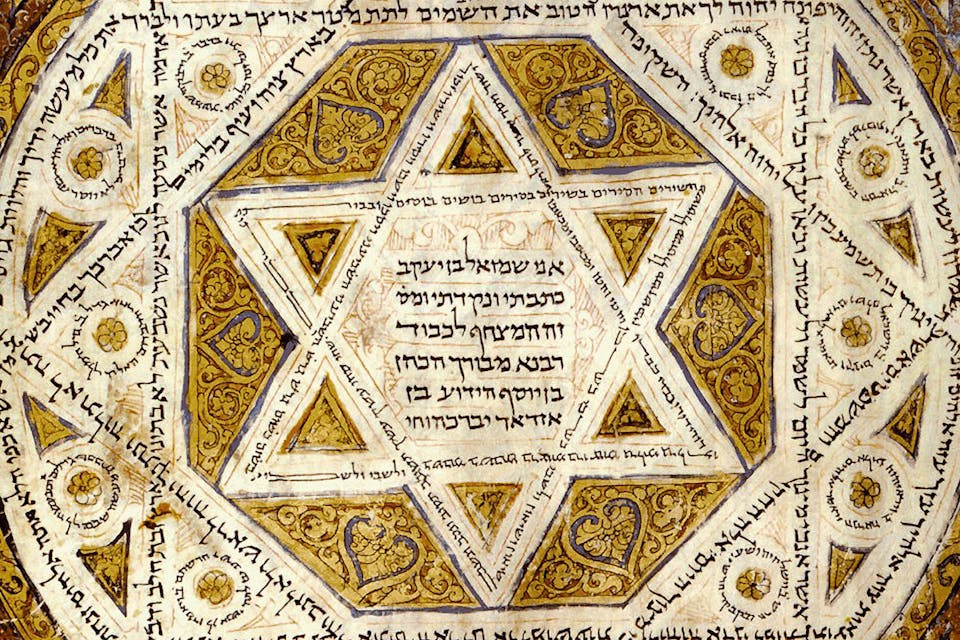
January 12, 2022
Should Moses Be Called Moshe?
By PhilologosA new edition of the Hebrew Bible edited by the late Jonathan Sacks Hebraizes its names in a way that bibles almost never do. Why, and what's at stake?
Got a question for Philologos? Ask him yourself at philologos@mosaicmagazine.com.
“Then the Lord said to Moshe, ‘Reach out your hand toward the sky to bring darkness down over Egypt—darkness so deep it can be felt.’ Moshe reached out his hand toward the sky, and all across Egypt it was pitch dark for three days. . . . But the Lord strengthened Pharaoh’s heart, and he would not agree to send the people forth. ‘Leave my presence,’ said Pharaoh. ‘Take care never to see my face again, because on the day you do, that day you will die!’ Moshe replied, ‘As you say: I will not see your face again.’” (Exodus 10:21-29.)
Quoted from The Koren Tanakh, a new English Bible translation with facing Hebrew and English texts put out by Koren Publishers of Jerusalem, this should be a familiar passage. It comes from the Torah portion of Bo that was read in synagogue this past Sabbath, and it was translated, as was the rest of the Pentateuch or Five Books of Moses, by the late Jonathan Sacks, chief rabbi of the British Commonwealth’s United Hebrew Congregations and The Koren Tanakh’s editor-in-chief. Why, then, does it sound so strange to us?